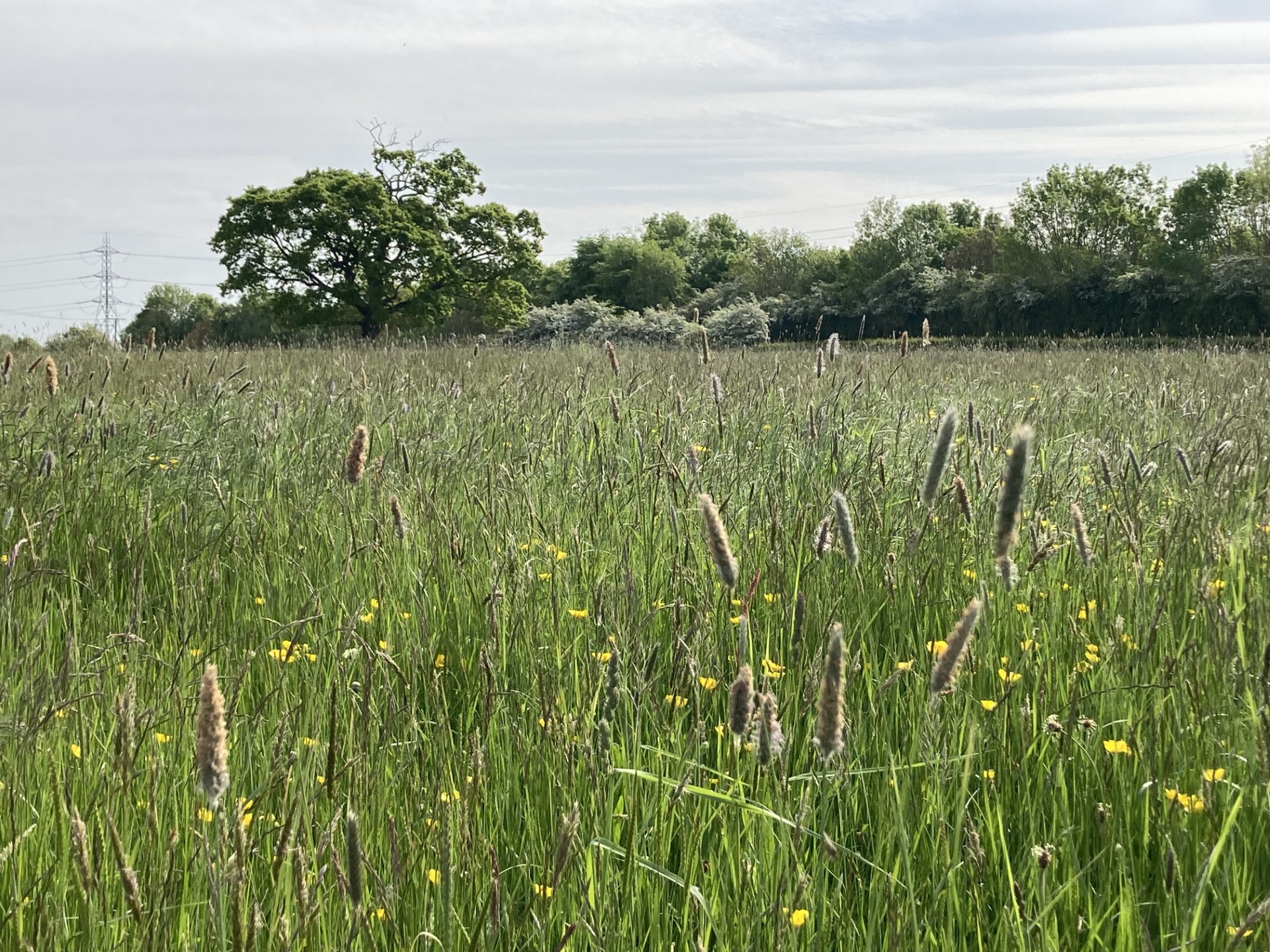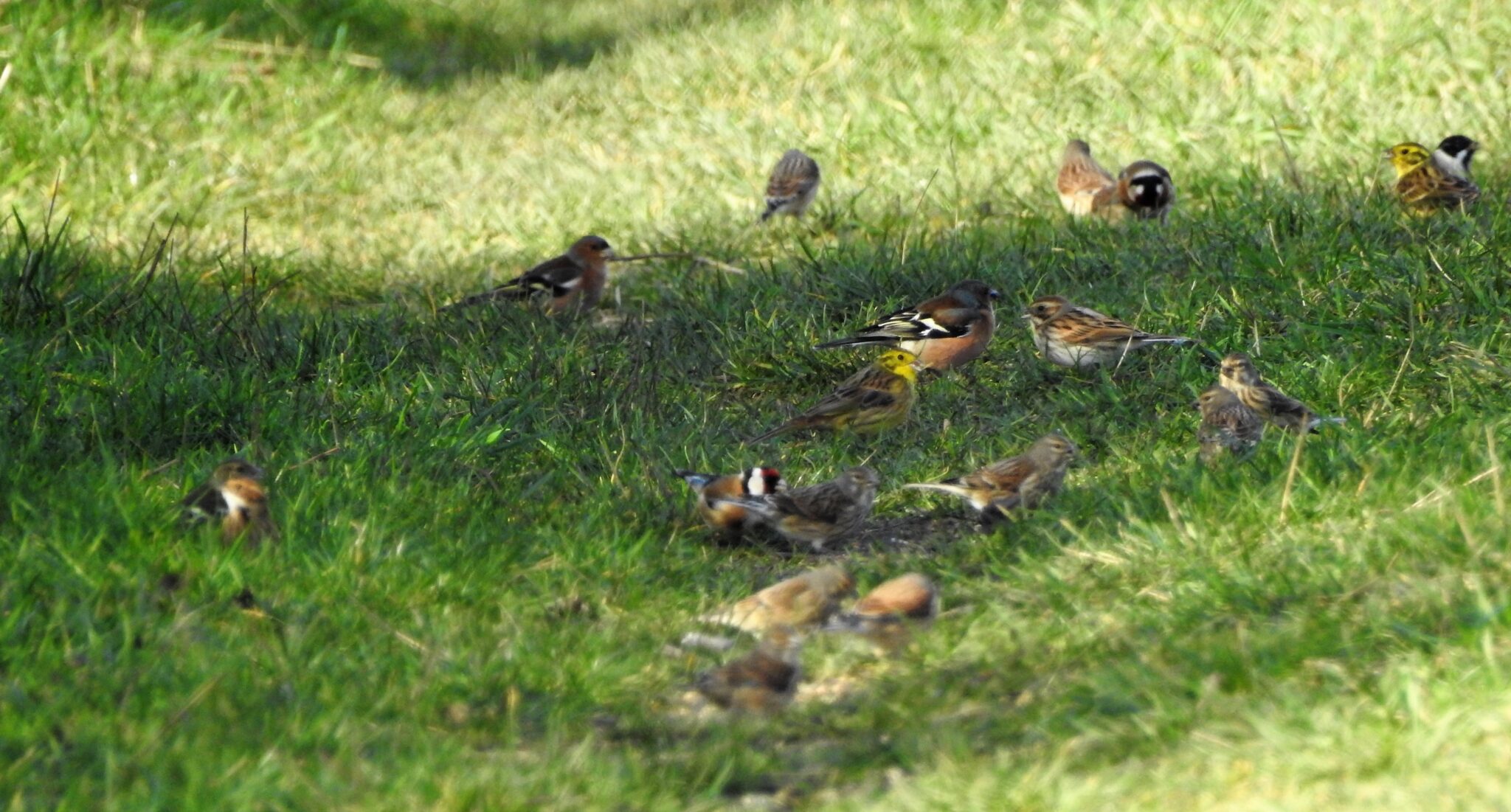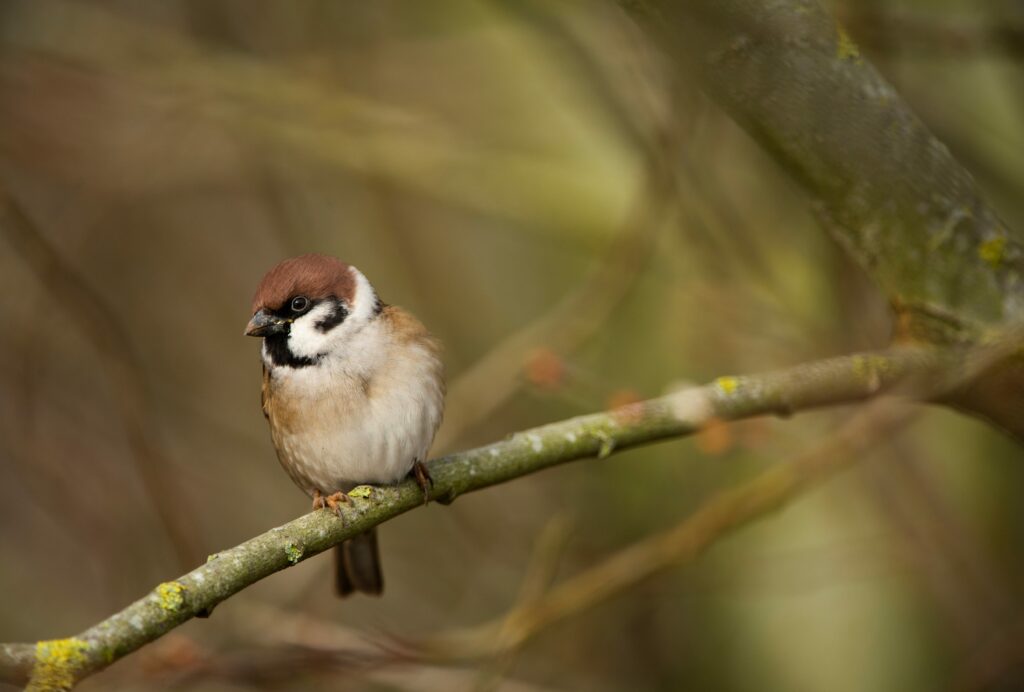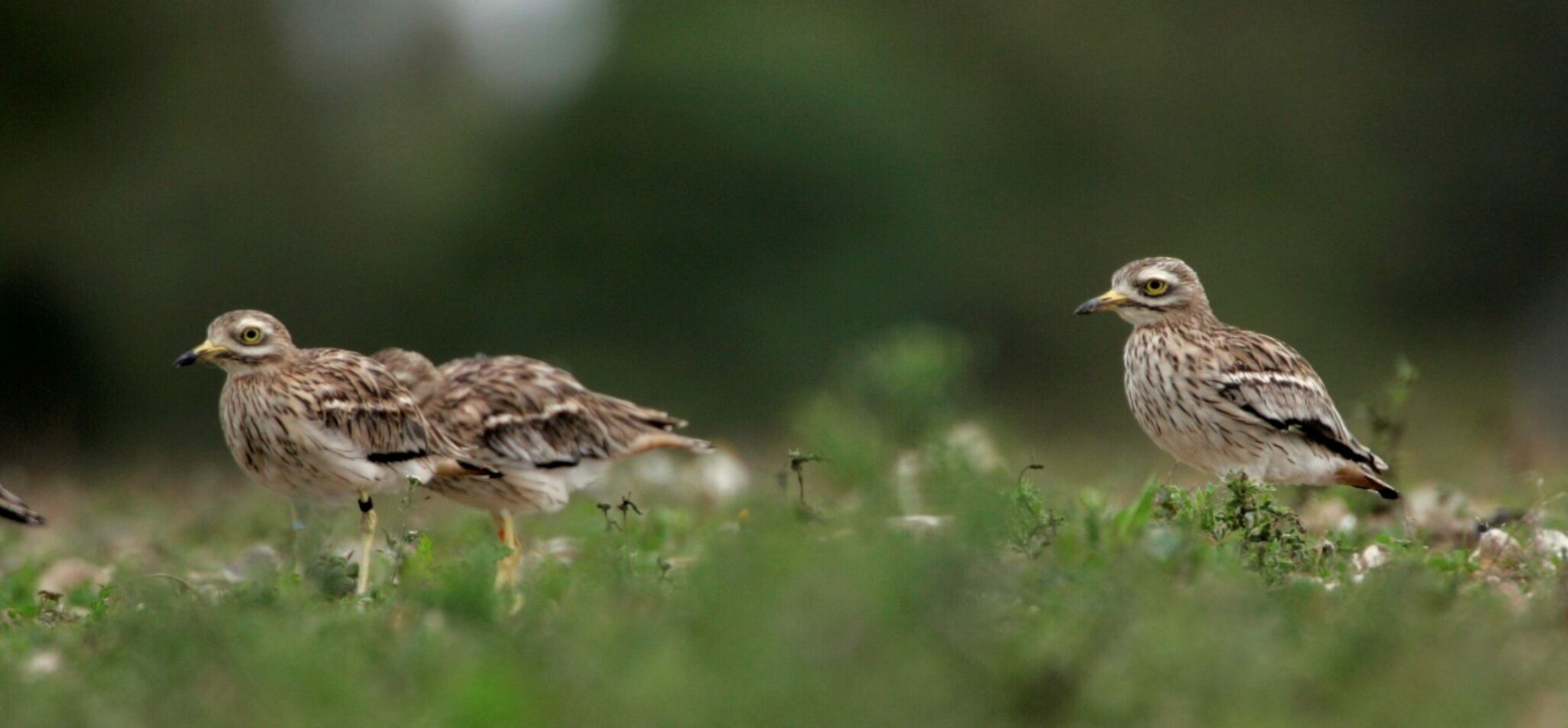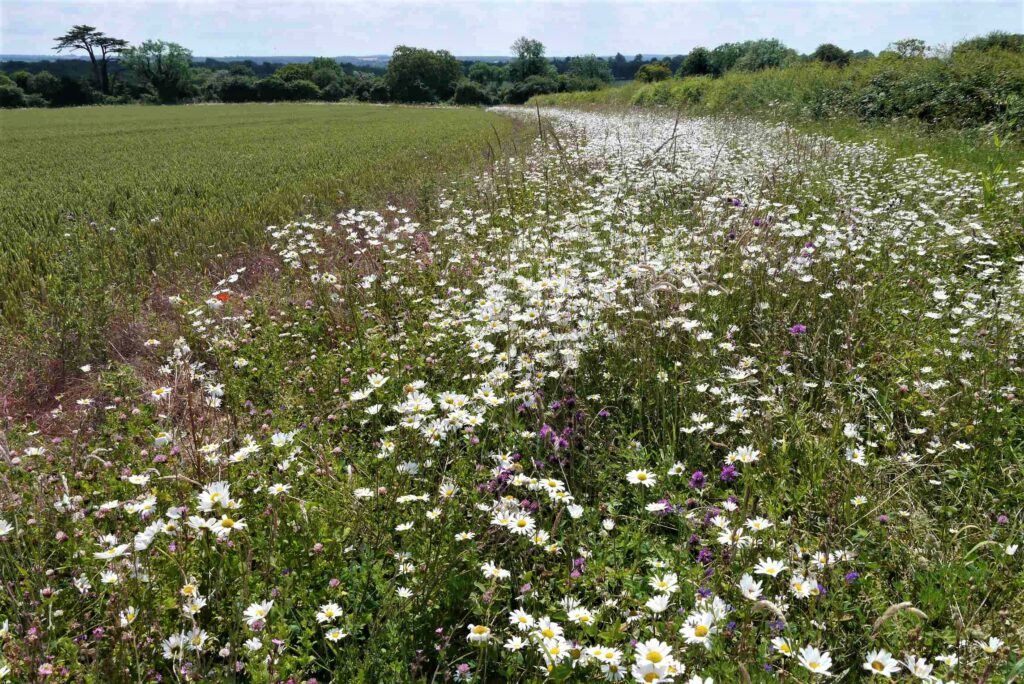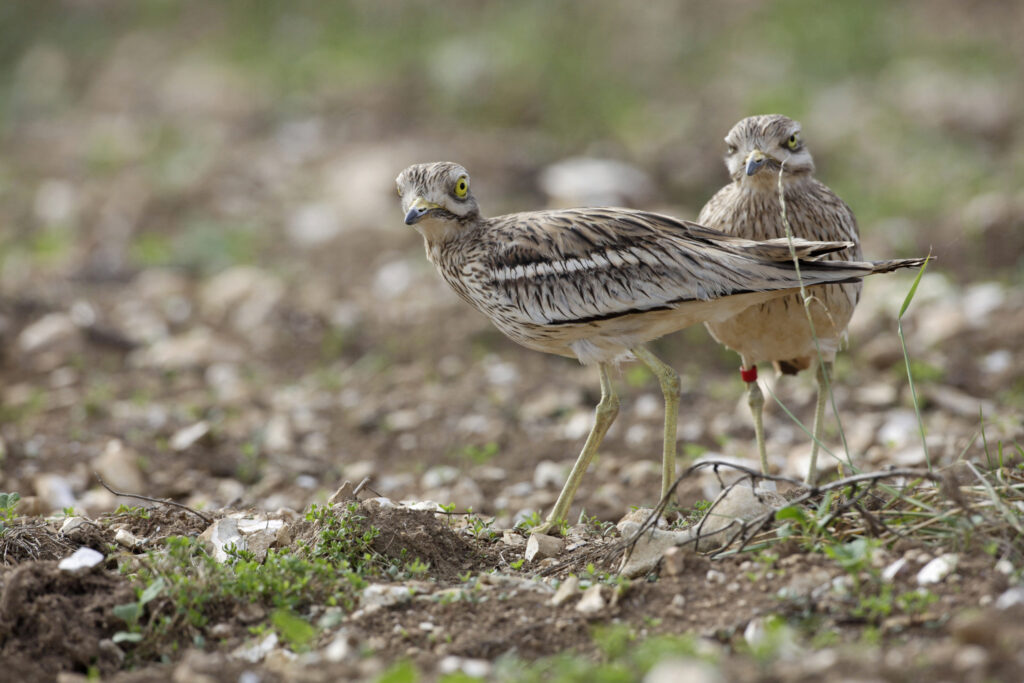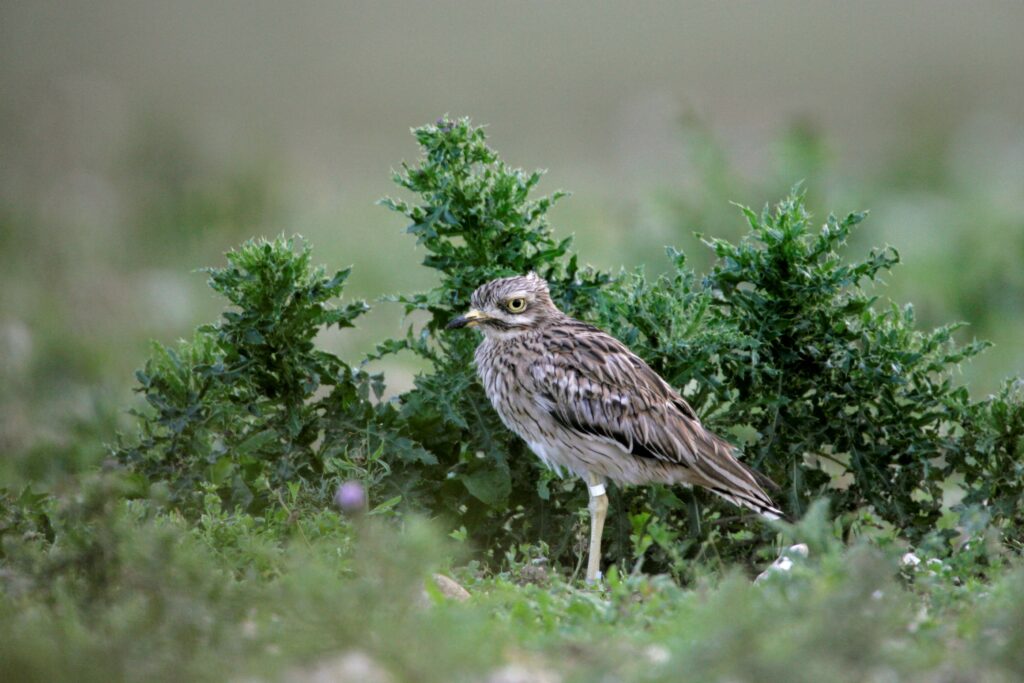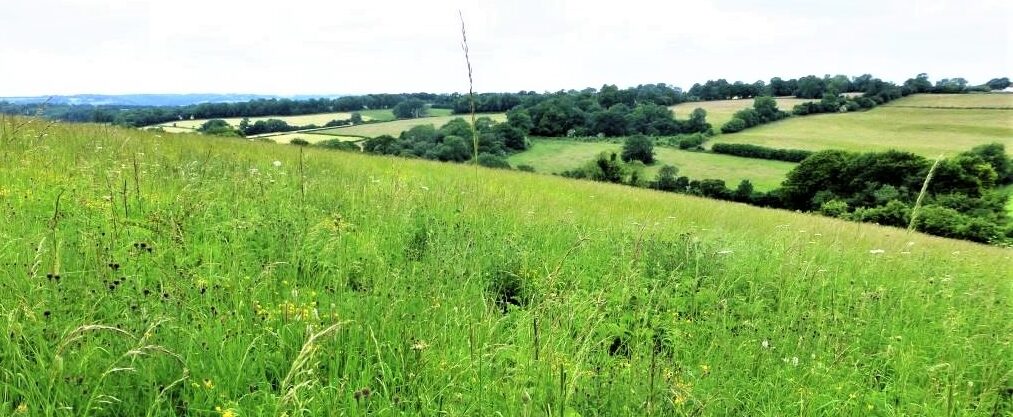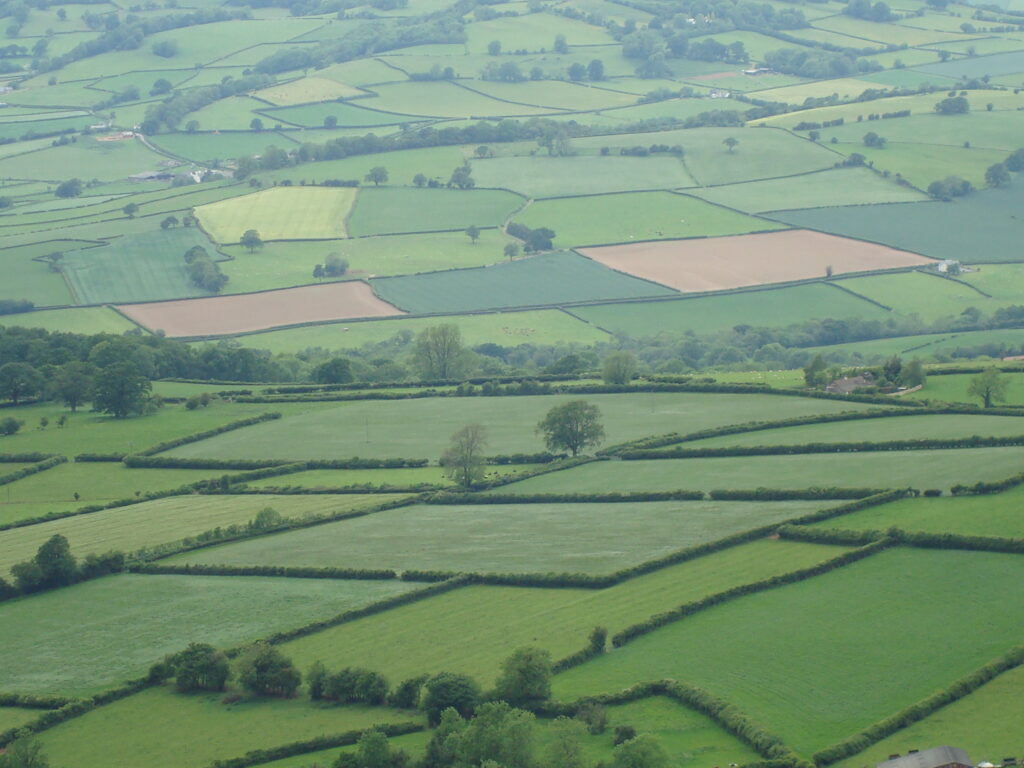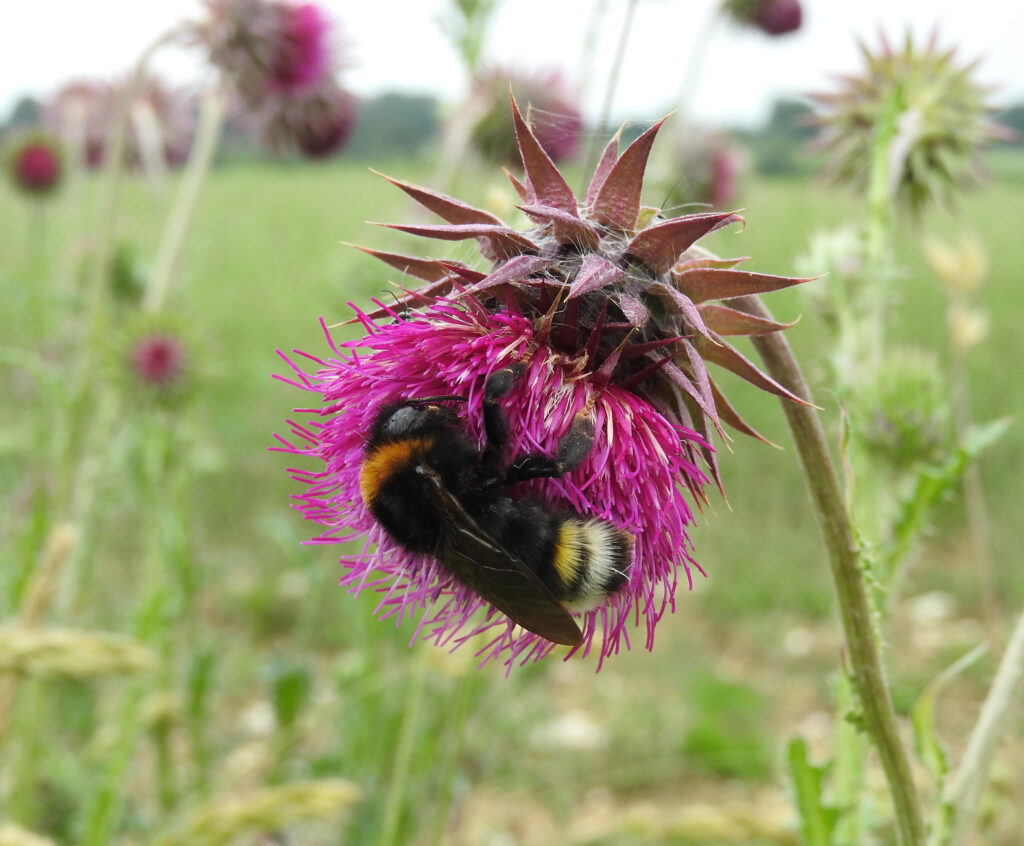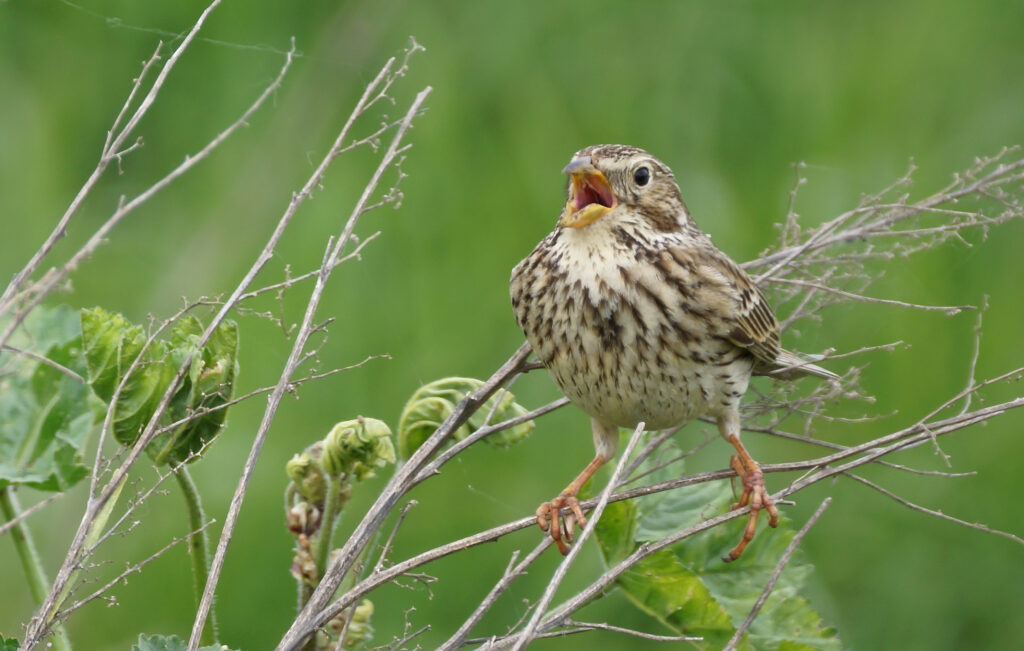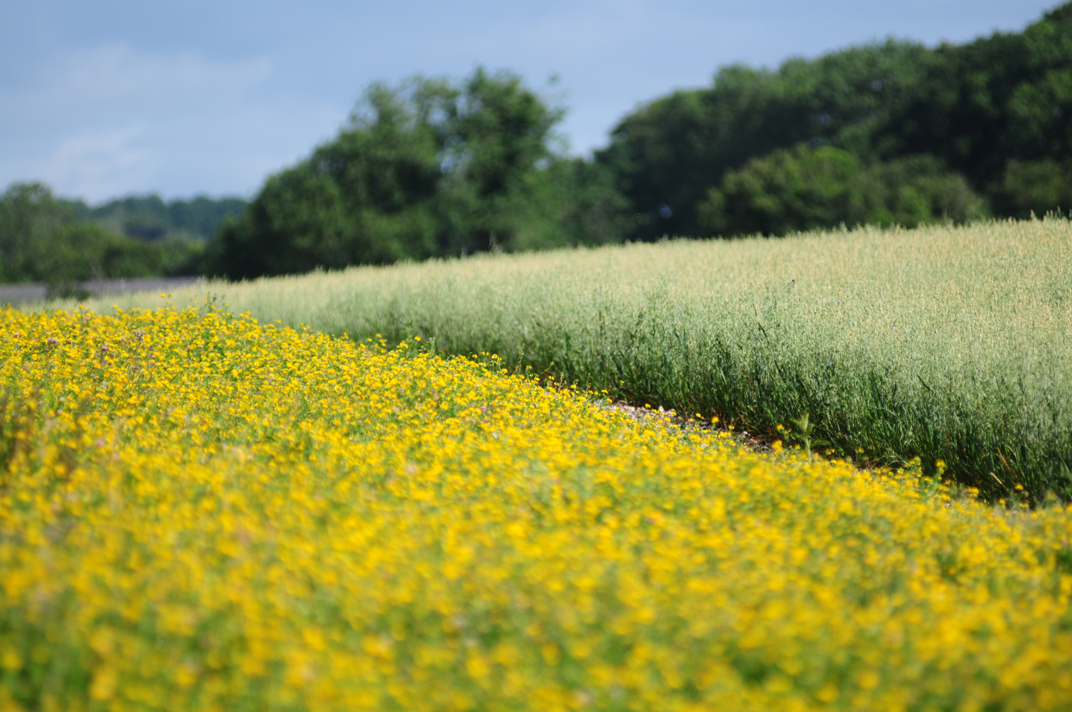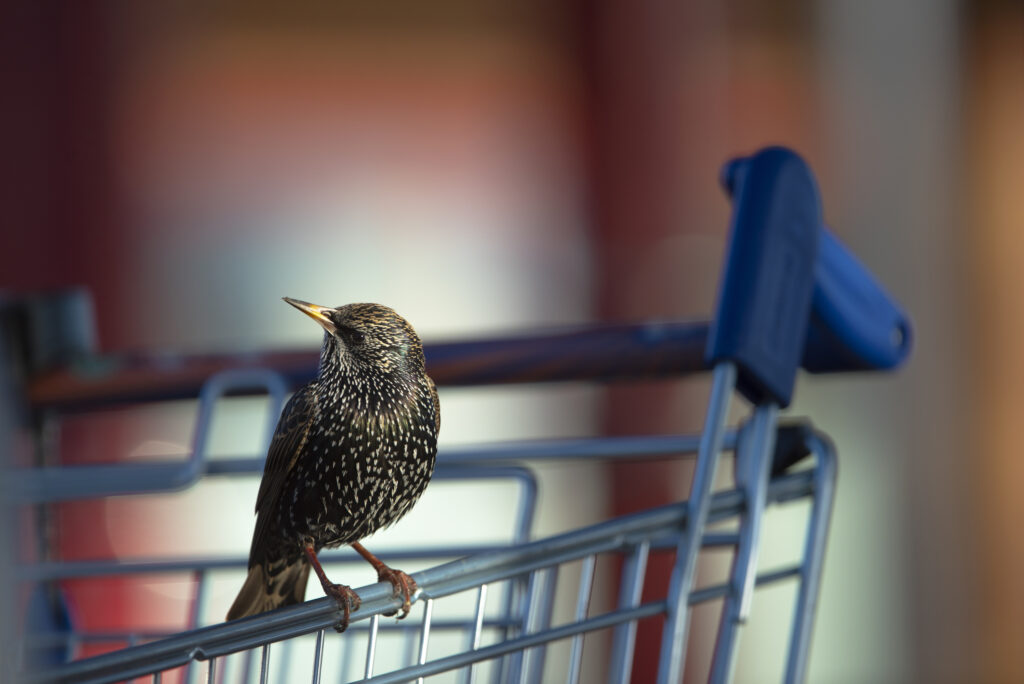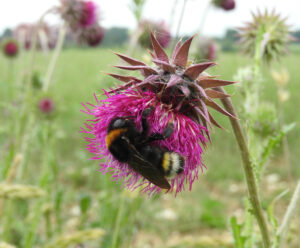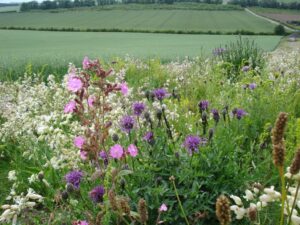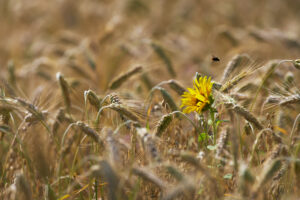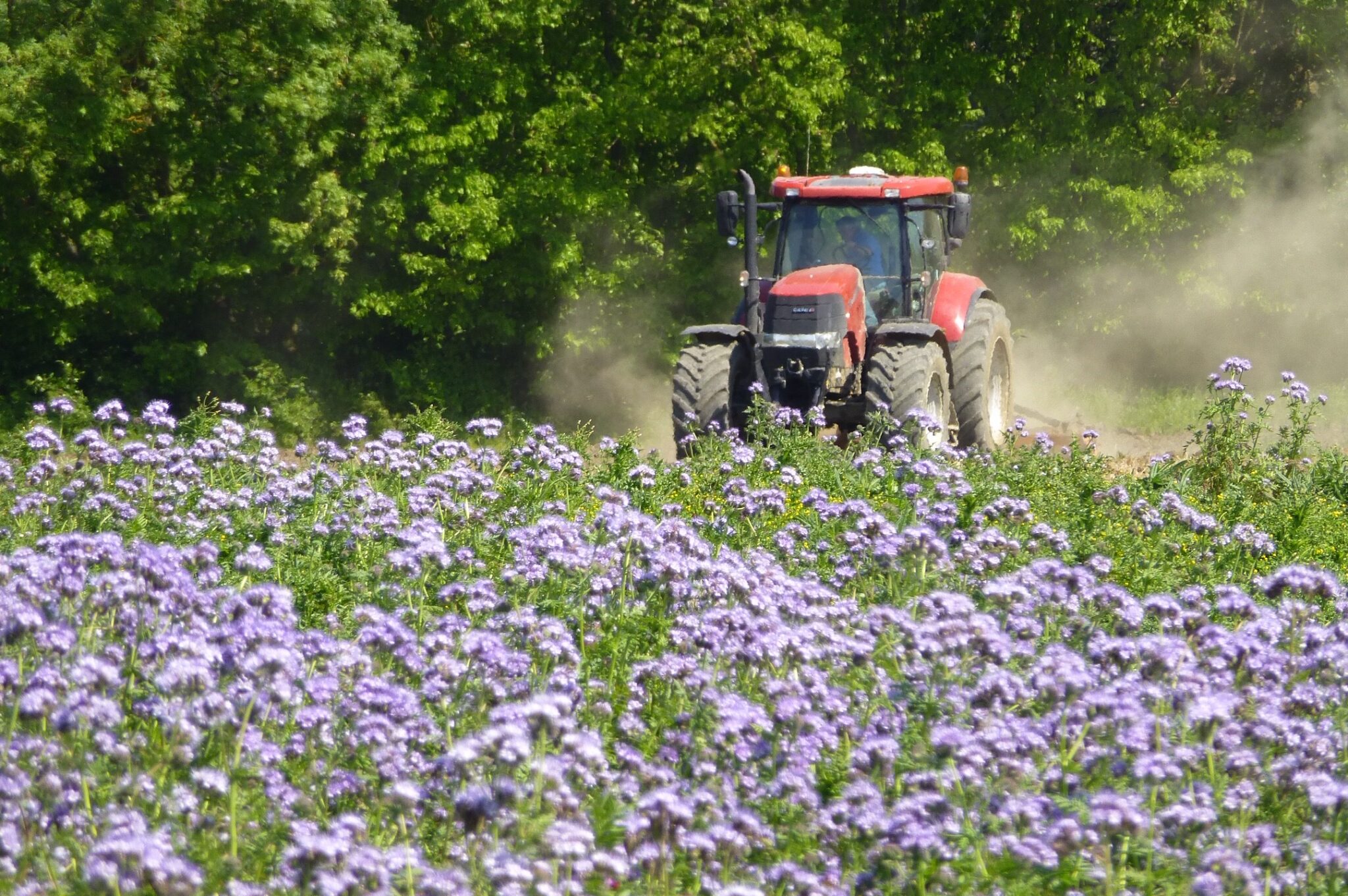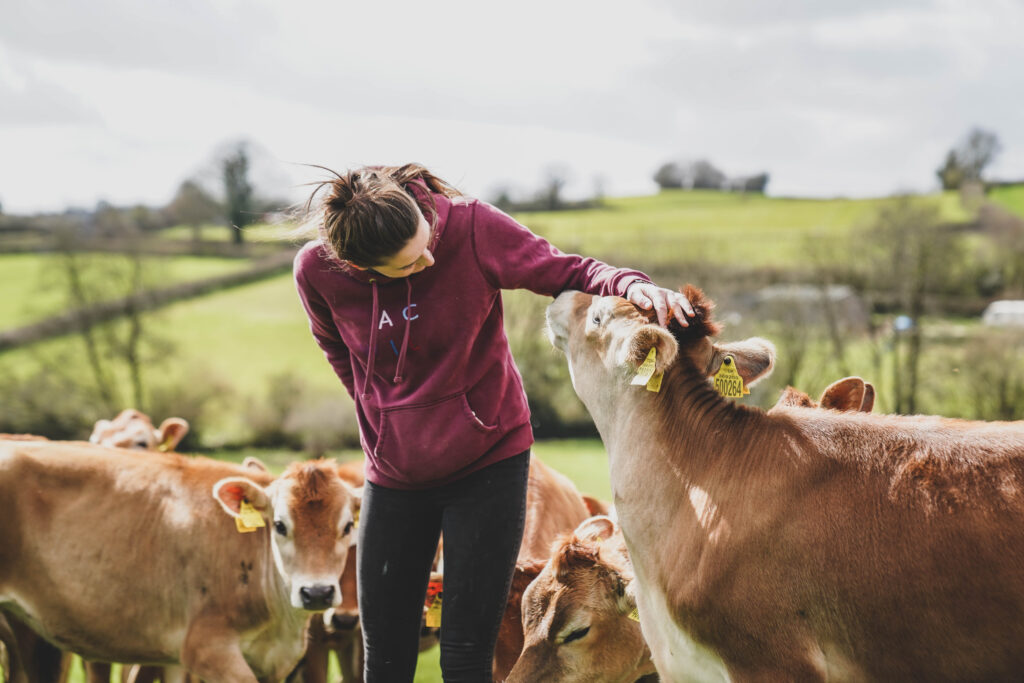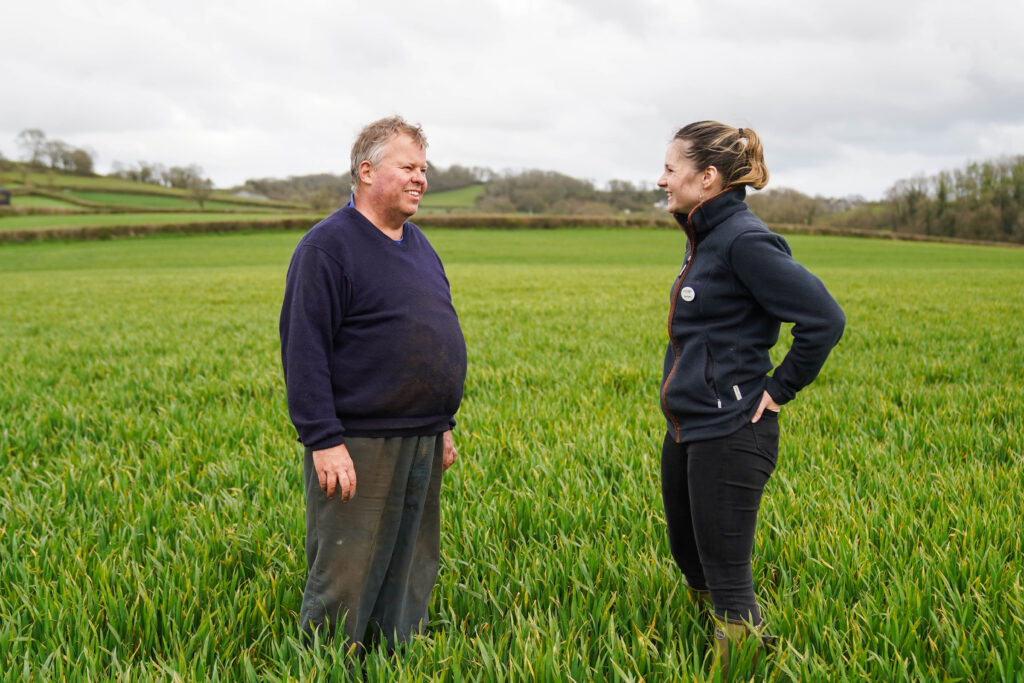Sitting up and listening: why the State of Nature report is an urgent call for the food industry to act on nature’s decline before it’s too late
Mark Varney, Head of Fair to Nature at the RSPB
“The UK’s wildlife is better studied than in any other country in the world and what the data tells us should make us sit up and listen” were the words of the RSPB’s chief executive, Beccy Speight, as the landmark State of Nature report was launched recently. As the best available snapshot of how UK wildlife is faring, the report makes for sobering reading.
Using over 50 years’ worth of data, away from the startling headlines that one in six species are at now risk of being lost from Great Britain, the report unavoidably brings home the urgency for us all to act; food brands, retailers, farmers, shoppers and governments.
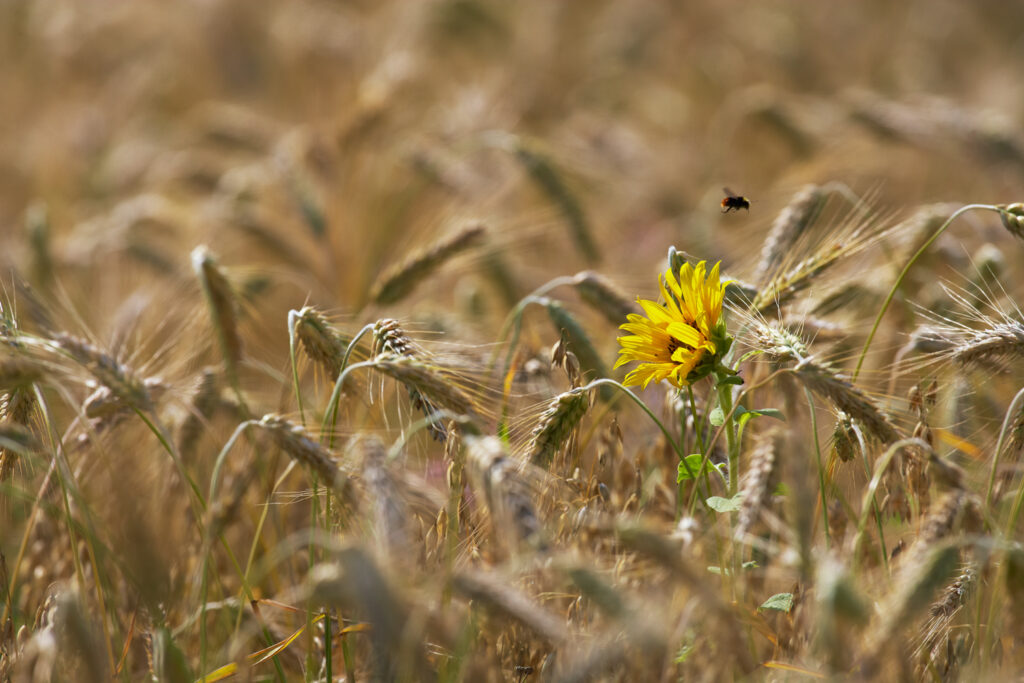
The evidence shows that the intensive way in which we manage our land for farming and the continuing effects of climate change, are the two biggest drivers of nature loss. Yet with nature underpinning our ability to produce food, and its loss one of the biggest threats to long term food security here in the UK, we cannot afford to push our wildlife to the brink any further.
There is no denying that pollinating insects, for instance, play a critical role in food production, yet they have decreased by 18% on average since 1970. The study found that alongside pollinator numbers falling, species providing pest control, such as the 2-spot Ladybird, have dropped by more than a third (34%) during the same time frame. With pollination services alone worth millions of pounds to UK agriculture, it simply does not make business sense to leave nature in freefall.
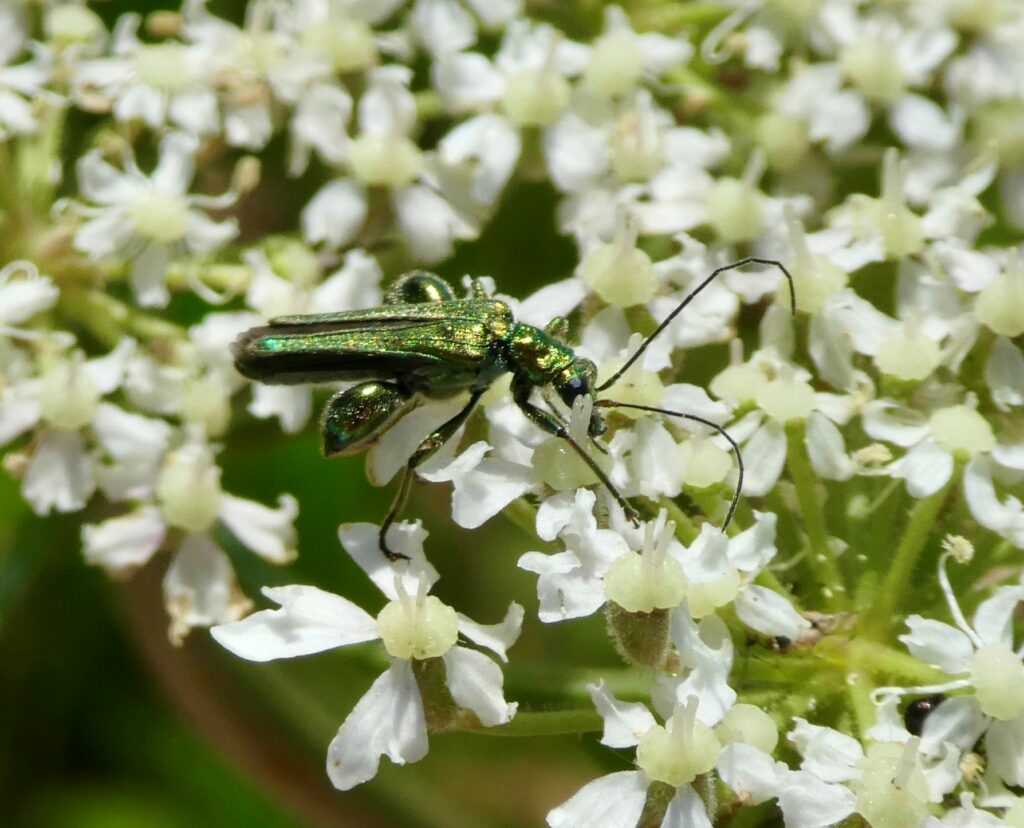
Thankfully, there are solutions, and many brilliant and tenacious nature-friendly farmers are already leading the charge without losing out on profits. At the RSPB’s Hope Farm for instance, nature is a much welcome by-product of a resilient profit-making farm. Demonstrating the art of what is possible, food production here functions alongside measures to benefit wildlife, and the results amongst breeding bird populations alone have been astonishing; increasing by 177% since the farm has been managed with wildlife in mind.
Nature simply can’t wait, and with 71% of the UK’s land managed by farmers and other land managers, we have both the largest opportunity to turn the state of UK nature around, but also stand to lose the most if we fail to act.
That’s why the RSPB, through its Fair to Nature scheme, is providing food businesses with the means to act on wildlife declines, empowering and supporting farmers with a viable way of bringing nature back while marketing their products to consumers who care.
As the UK’s only certification scheme with a focus on biodiversity and a proven approach to restoring the balance of nature in farming, Fair to Nature farms across the UK are committing to protecting and restoring biodiversity with the help of dedicated advice and support from the RSPB.
By signing up, brands commit to sourcing ingredients from Fair to Nature certified farms, where farmers dedicate at least 10% of their farmed land to a range of habitats that have been proven to reverse wildlife declines, such as wildflowers for pollinators and beneficial predators, seed-rich crops to feed farmland birds, and field boundaries and margins providing ‘wildlife corridors’ around the countryside.
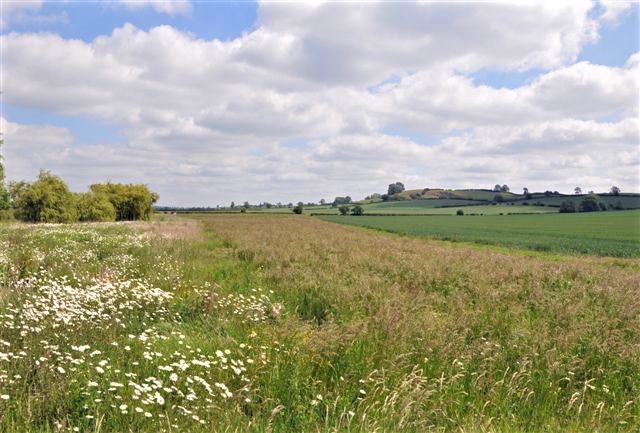
With two thirds (67%) of adults concerned with the decline in the variety of UK wildlife in the last 50 years, shoppers are increasingly looking for proven ways to help turn the tide for nature. This growing desire to tackle nature loss has never been more prevalent than following the worrying declines highlighted by the State of Nature report, and now is the time to answer the calls of both our precious wildlife and the nation’s nature-lovers.
The food and farming system here in the UK stands to fail if we do not redress the balance with nature, and Fair to Nature is a clear solution for UK food businesses who want to offer that choice to customers, many of which are hungry for change.
A version of this opinion piece was published in The Grocer Magazine on 28th October and on their website
Image credits: (1) Peter Dean (Agripicture Images), (2) Shelley Abbott (RSPB), (3) Brin Hughes
Tomorrow is grown from our actions today
Contact us today to find out how we can help achieve a great tomorrow
Register Interest
Sidebar form
or email us at fairtonature@rspb.org.uk

